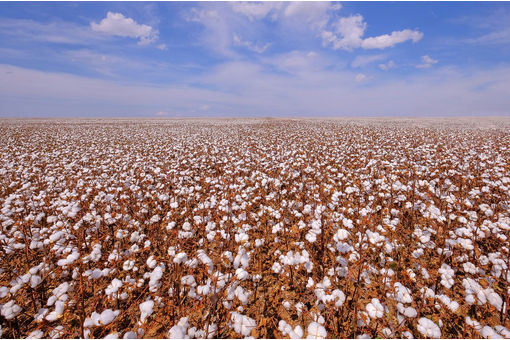GSSB to create sustainability standard for textiles & apparel sector

The decision comes in response to concerns about the industry's impact on human rights, waste, and recycling. While there are existing initiatives promoting sustainable practices, there is a lack of consistent reporting, GRI said in a news release.
The GSSB have announced a global call for multi-stakeholder representatives from business enterprise, investors, labour bodies, mediating institutions, and civil society to join the Textiles and Apparel Working Group. The group's primary objective is to develop a sector standard that improves the sustainability reporting of textiles, footwear, and apparel organisations, making reporting more complete and consistent across the sector.
The Textiles and Apparel Working Group's sector standard will identify and describe material topics for reporting organisations in the sector based on their most significant impacts. It will also provide authoritative references and appropriate disclosures for reporting on those topics. Recommendations may be made on the scope, key, and name of the sector standard, considerations relevant to sector standards for related sectors, and revisions or updates to other GRI standards.
The GSSB will assess and prioritise impacts identified within the project for which no GRI standard exists, for future GRI Standards development. The initiative aims to enhance transparency and consistency in sustainability reporting, thereby promoting sustainable practices in the textiles and apparel sector.
“Production of textiles and apparel has numerous impacts, including on working conditions, health and safety, water consumption and pollution, waste, greenhouse gas emissions and the use of hazardous materials. Globally dispersed value chains, with enterprises often operating across several countries with varying commercial, legal, and ethical standards, is a key challenge to addressing these issues. Significant progress is needed to improve how textiles and apparel companies identify, manage and disclose their impacts on the economy, environment, and people. I encourage experts from throughout the sector and associated stakeholder groups to apply to join our working group and support the development of this critical standard,” said Mia d’Adhemar, head of Sector Program.
The GSSB has the sole responsibility of setting the world's first globally accepted standards for sustainability reporting—the GRI Standards, which allow organisations to publicly report the impacts of their activities in a structured way that is transparent to stakeholders and other interested parties. The board works exclusively in the public interest and according to the vision and mission of GRI.
Fibre2Fashion News Desk (DP)
































-Ltd..jpg?tr=w-120,h-60,c-at_max,cm-pad_resize,bg-ffffff)





.jpg?tr=w-120,h-60,c-at_max,cm-pad_resize,bg-ffffff)
.jpg?tr=w-120,h-60,c-at_max,cm-pad_resize,bg-ffffff)






